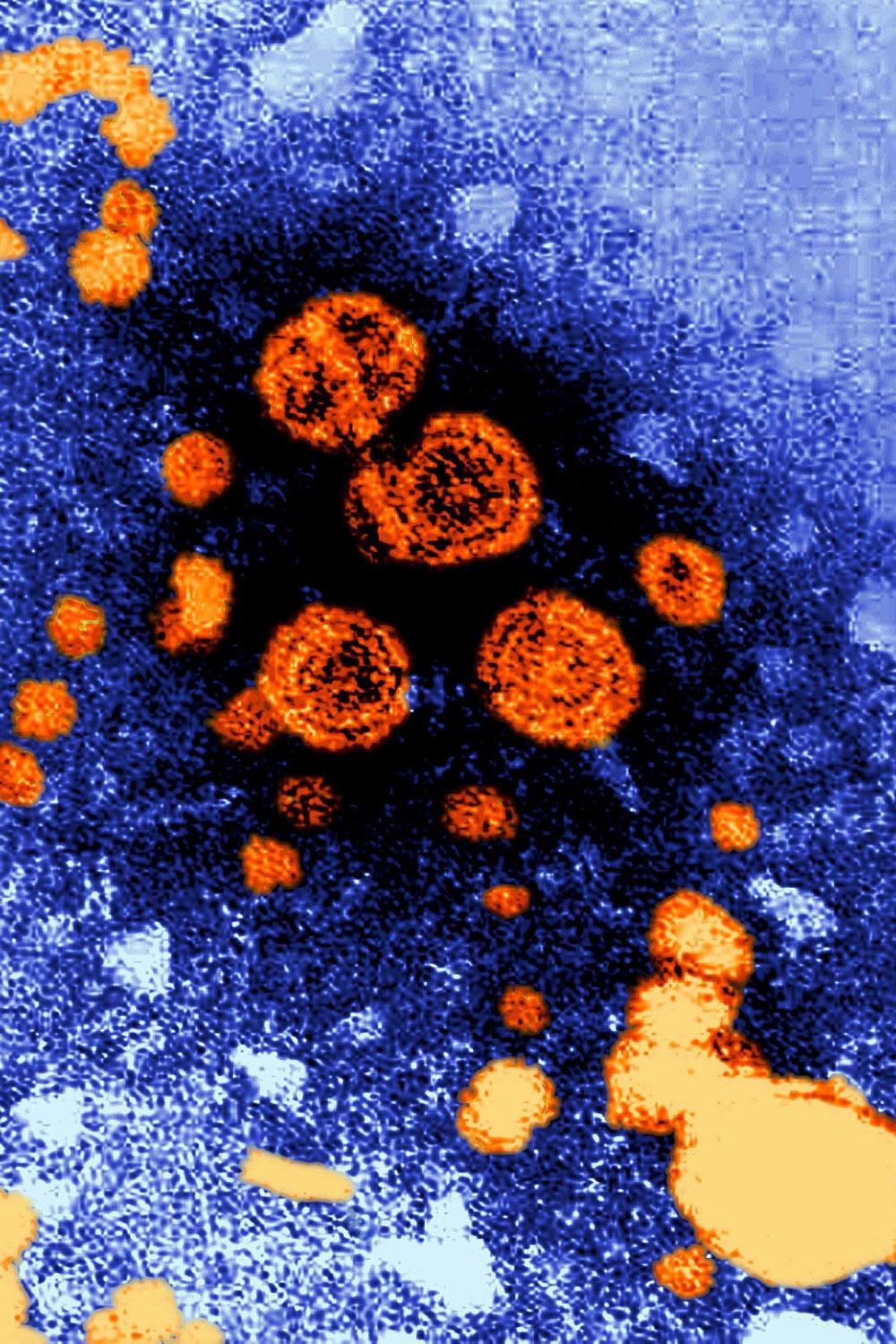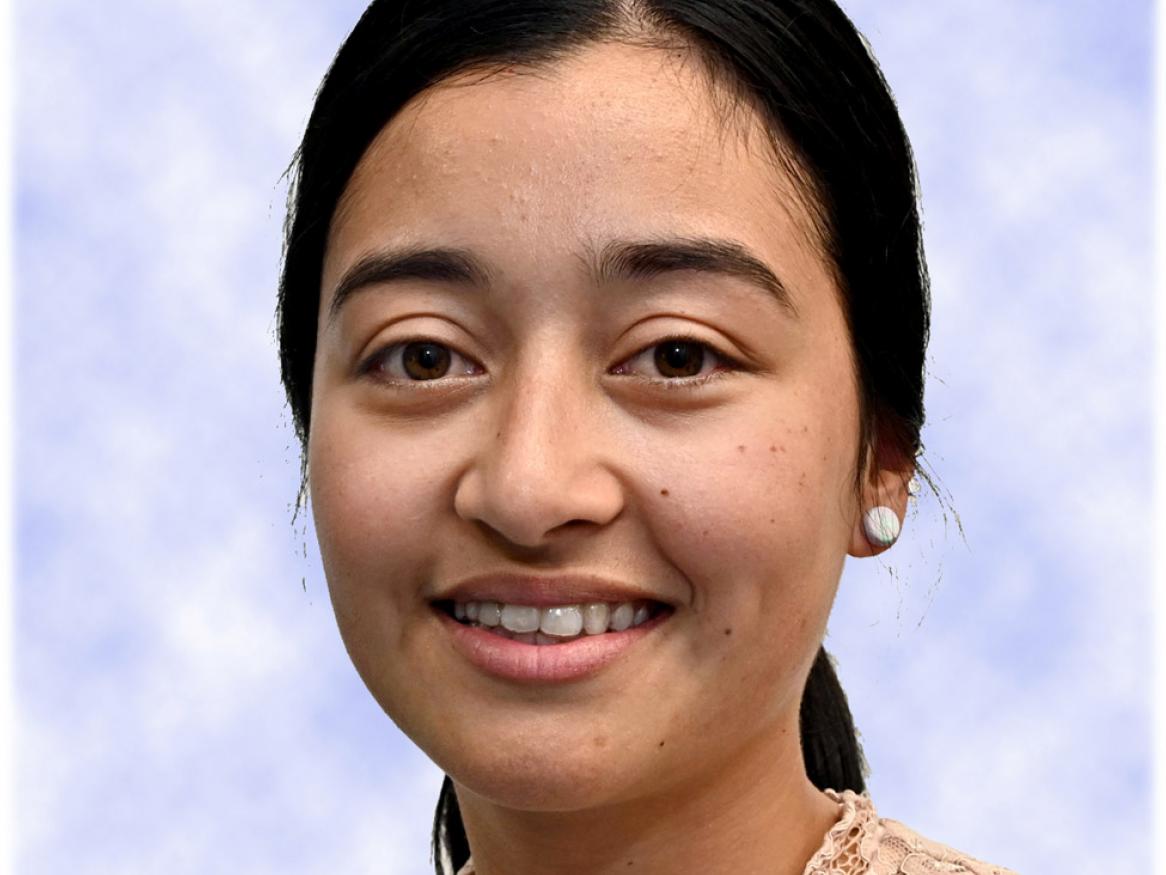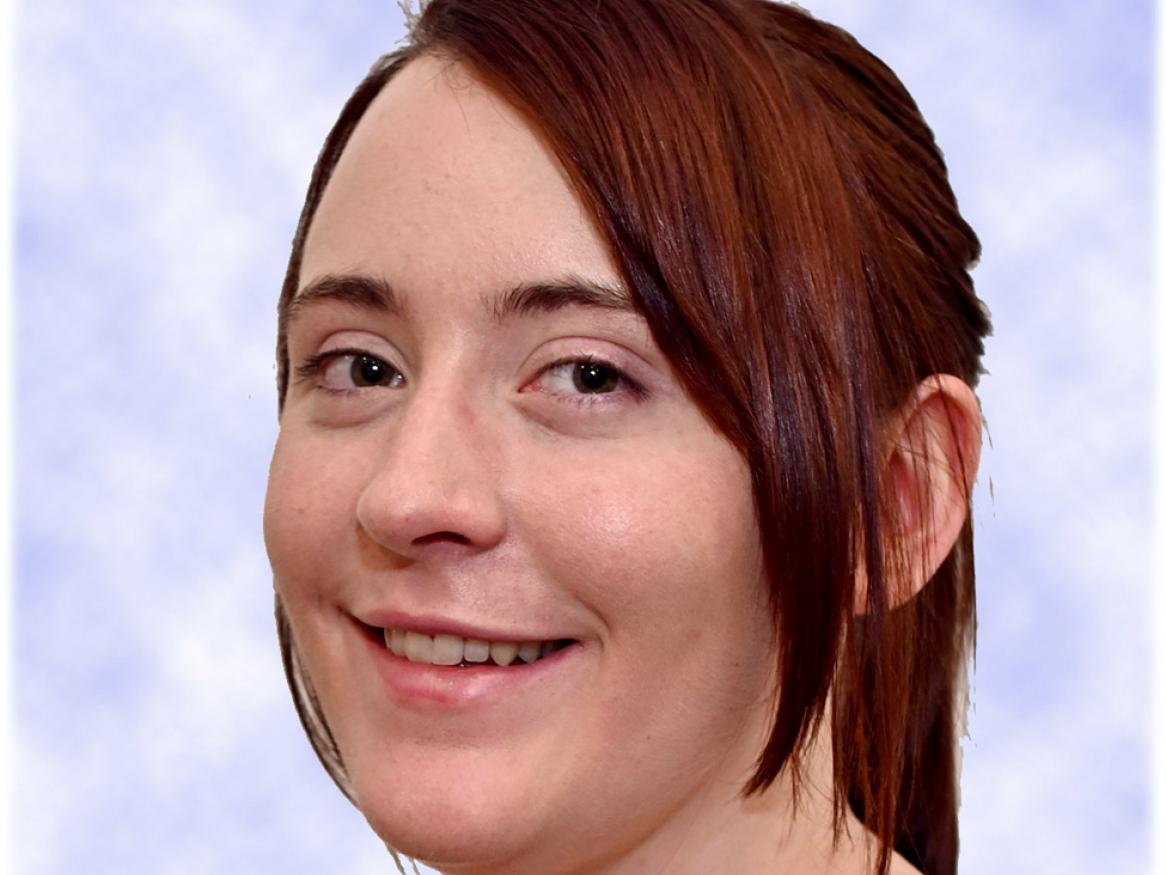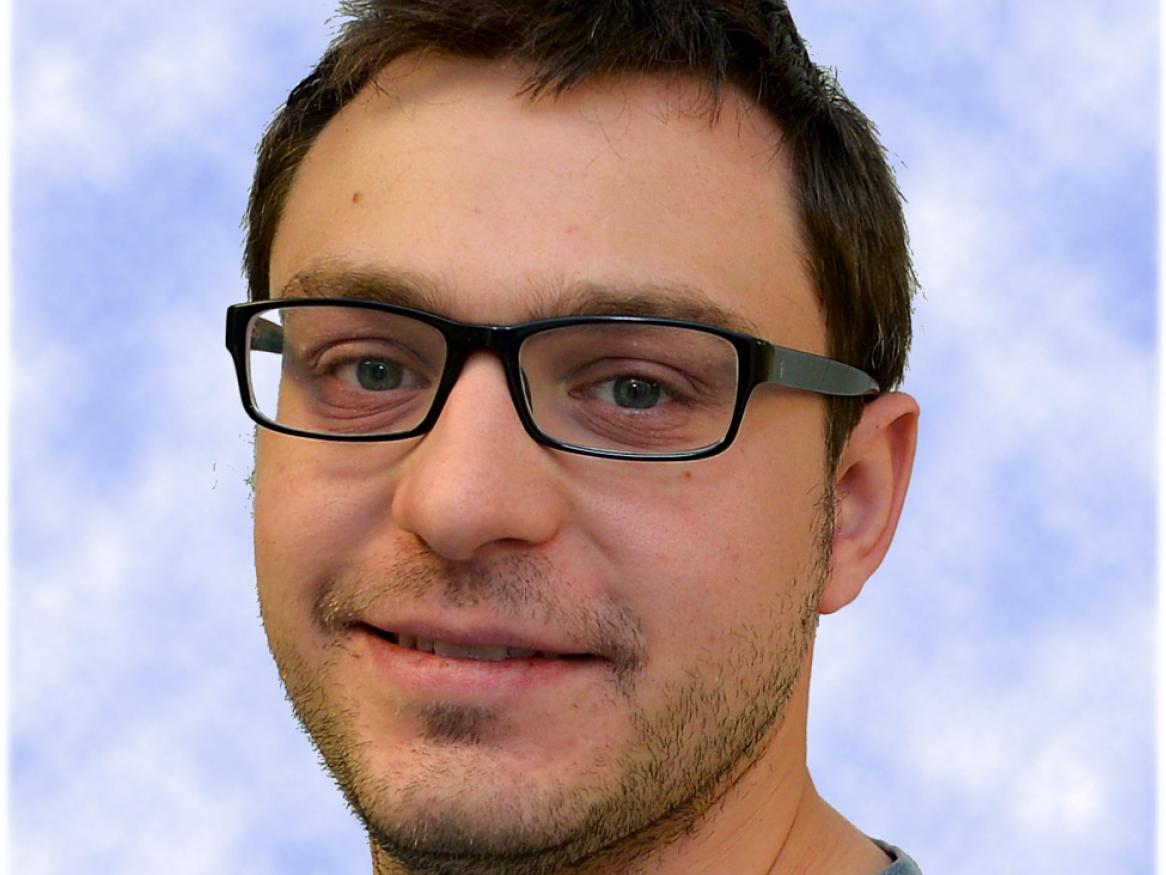Viral Pathogenesis
The Viral Pathogenesis Research Laboratory is interested in the host cellular response to viral infection and identification of genes and signalling pathways that are induced in an attempt to control viral replication in particular hepatitis C, dengue and Zika virus.

Using a genomics approach, we have identified hundreds of genes expressed following viral infection and interferon stimulation. We are now characterising these using cell culture based and mouse models of viral infection.
We are also interested in host proteins that are hijacked by the virus. Using CRISPR/Cas9 genome wide knockout screens, we have identified a number of cellular proteins that are essential for viral replication across the Flaviviridae family.
The Viral Pathogenesis Research Laboratory has a long history studying the hepatitis viruses, although studying viral host interactions has been problematic because of a lack of culture cells that resemble the in vivo hepatocyte.
We have therefore embarked on a program to develop human liver organoids that resemble liver tissue in culture that will allow us to investigate viral hepatocyte responses and interactions.
Research impact
RNA viruses infect hundreds of millions of people each year, causing significant morbidity and mortality. Chief among these pathogens are the Flaviviridae family, which include Dengue virus, West Nile virus, the emerging Zika virus (ZIKV) as well as the hepacivirus, hepatitis C virus (HCV).
Despite their medical importance, there are very few prophylactic or therapeutic treatments for these viruses. The exception is HCV, for which there are now effective antiviral therapeutics.
Understanding how these viruses react within humans and animals will inform how we can attempt to control the viral replication of these infections.
People and publications
Associate Professor Michael Beard
Head - Viral Pathogenesis Laboratory







